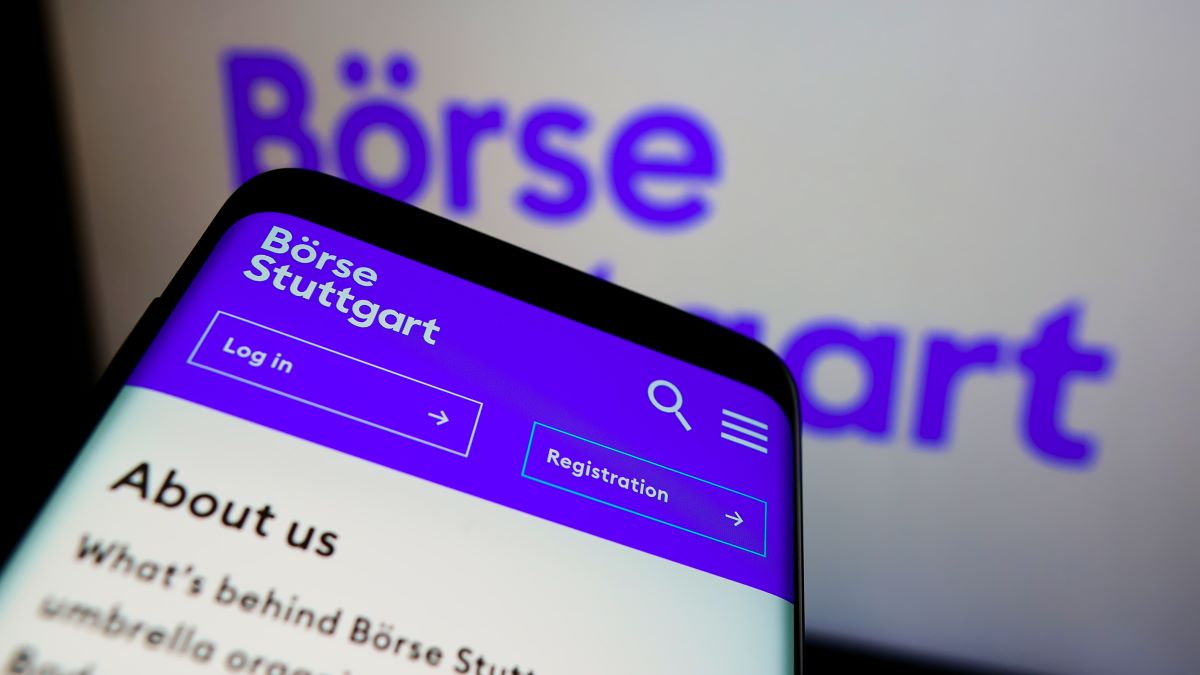Boerse Stuttgart Digital, the crypto-focused division of the Stuttgart Stock Exchange, has revealed plans to launch a fully insured cryptocurrency staking service.
Boerse Stuttgart Digital is a subsidiary of the Boerse Stuttgart Group, which calls itself Europe’s sixth-largest stock exchange group. It’s set to roll out the staking service next year.
In a press release last Tuesday, Dr. Oliver Vins – Managing Director of Boerse Stuttgart Digital, said:
“We have noticed an increasing interest from institutional investors in the staking sector, eagerly anticipating the chance to participate, provided they have complete confidence in the security of the environment.”
Staking is a function available on some blockchains that lets users secure the network by locking away their tokens, and receiving periodic crypto rewards in return.
Though technically a decentralized process that anyone can partake in, staking services like those from Boerse “eliminate obstacles” for institutional investors who don’t wish to shoulder the technical burden or risk involved in the process. Ethereum developer and co-founder Vitalik Buterin has himself expressed reservations about personal staking for this reason.
Staking For Institutions
One of the key partners in Boerse’s endeavor is Munich Re, a renowned global reinsurance company. The firm has designed an insurance product specifically tailored to minimize the risks associated with slashing in proof-of-stake blockchains.
Slashing refers to the punitive action taken against validators who violate network rules or engage in malicious activities, resulting in the suspension or loss of their staked tokens.
By offering a fully insured staking service, Boerse Stuttgart Digital aims to attract a broader clientele, including institutional investors who have shown a growing interest in the staking sector.
Boerse Stuttgart Digital had earlier obtained a license from the German Federal Financial Supervisory Authority (BaFin) through its subsidiary, Blocknox GmbH, enabling it to provide custody services for digital assets.
This development follows recent moves by other prominent financial institutions, such as Deutsche Bank and HSBC, which have been actively exploring partnerships and initiatives in the digital asset space.
Crypto native players like Coinbase and Kraken have attempted to provide staking services to U.S.-based retail and institutional investors in the past. However, both have been sued by the Securities and Exchange Commission (SEC) for failing to register their offerings as securities products.
